Author Ece Temelkuran brings Index up to date about the latest developments in Turkey.
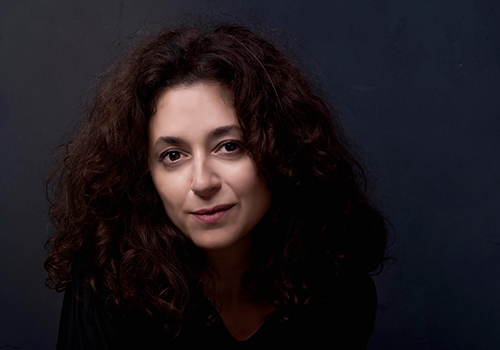

Author Ece Temelkuran brings Index up to date about the latest developments in Turkey.
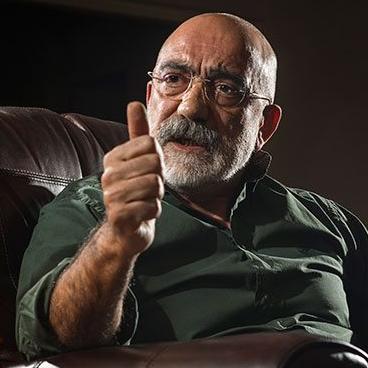
If made out of the right stuff a journalist is a tough nut. Some of us are, you may say, born that way. Our profession lives in our cells. We are compelled to do what our DNA instructs us to do.
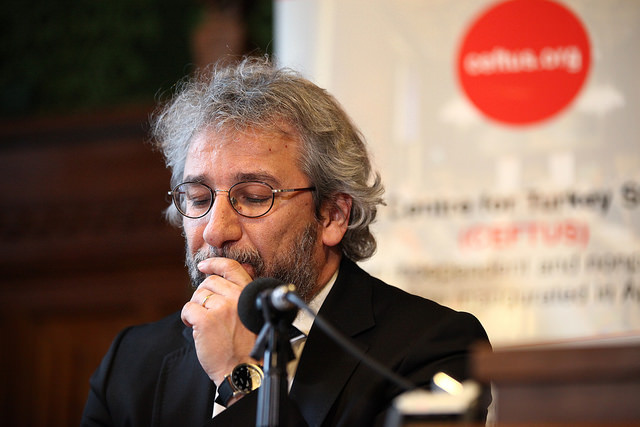
I had not imagined that a state could become no better than a criminal syndicate. But the Turkish state has become one.
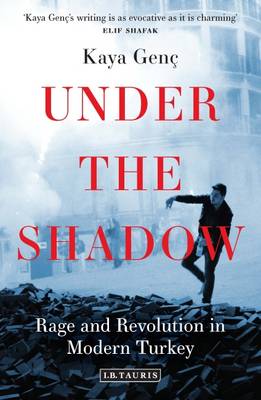
In his new book, Under the Shadow: Rage and Revolution in Modern Turkey, Index on Censorship magazine contributing editor Kaya Genç explores the country’s struggles through the eyes of Gezi Park protesters, pro-government conservatives, artists, censored journalists and more.

“When I understood that I was to be detained by a directive given from the top, my fear vanished,” novelist and journalist Aslı Erdoğan told the daily Cumhuriyet
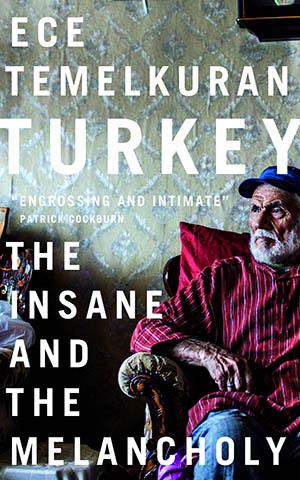
Journalist and author Ece Temelkuran discusses the role of the Turkish ministry of culture in censoring theatre productions.
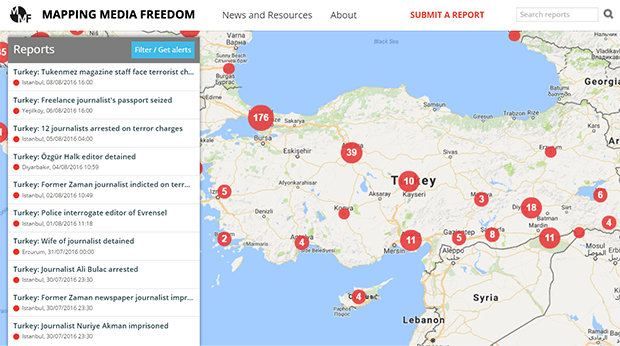
One of the most vital duties of a journalist — in any democracy — is to report on the day-to-day operations of a country’s parliament. But 200 Turkish journalists have been barred.
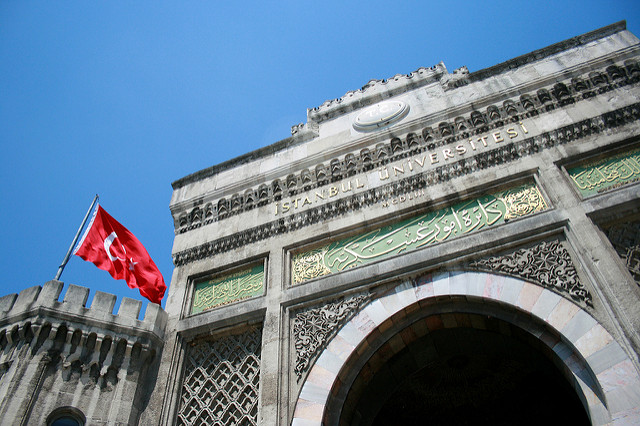
The stream may be small right now, a trickle, but it is unmistakable. Turkey’s academics and its secular elite are quietly and slowly making their way for the exits.

“Turkish police have cancelled all the journalists’ passports since July 15.” This tweet landed in my timeline on Monday morning. The author was Selina Doğan, an opposition deputy and a lawyer.

As I’ve been writing for months now, the job that runs the highest risk in Turkey is, without a shred of doubt, journalism.
Turkey Uncensored is an Index on Censorship project to publish articles from censored Turkish writers, artists and translators.
On 15 July shots heard inside the General Staff headquarters in Ankara signalled the beginning of the assault against Turkey’s democratic institutions. Tanks and fighter jets opened fire on and around parliament and other buildings, resulting in the death of more than 240 people.
This was the catalyst to an unparalleled level of attacks on media freedom in the country. By 30 September, 98 journalists were arrested and charged, 133 media professionals were detained, 133 media outlets were shut down and approximately 2,500 journalists lost their jobs. Learn more.